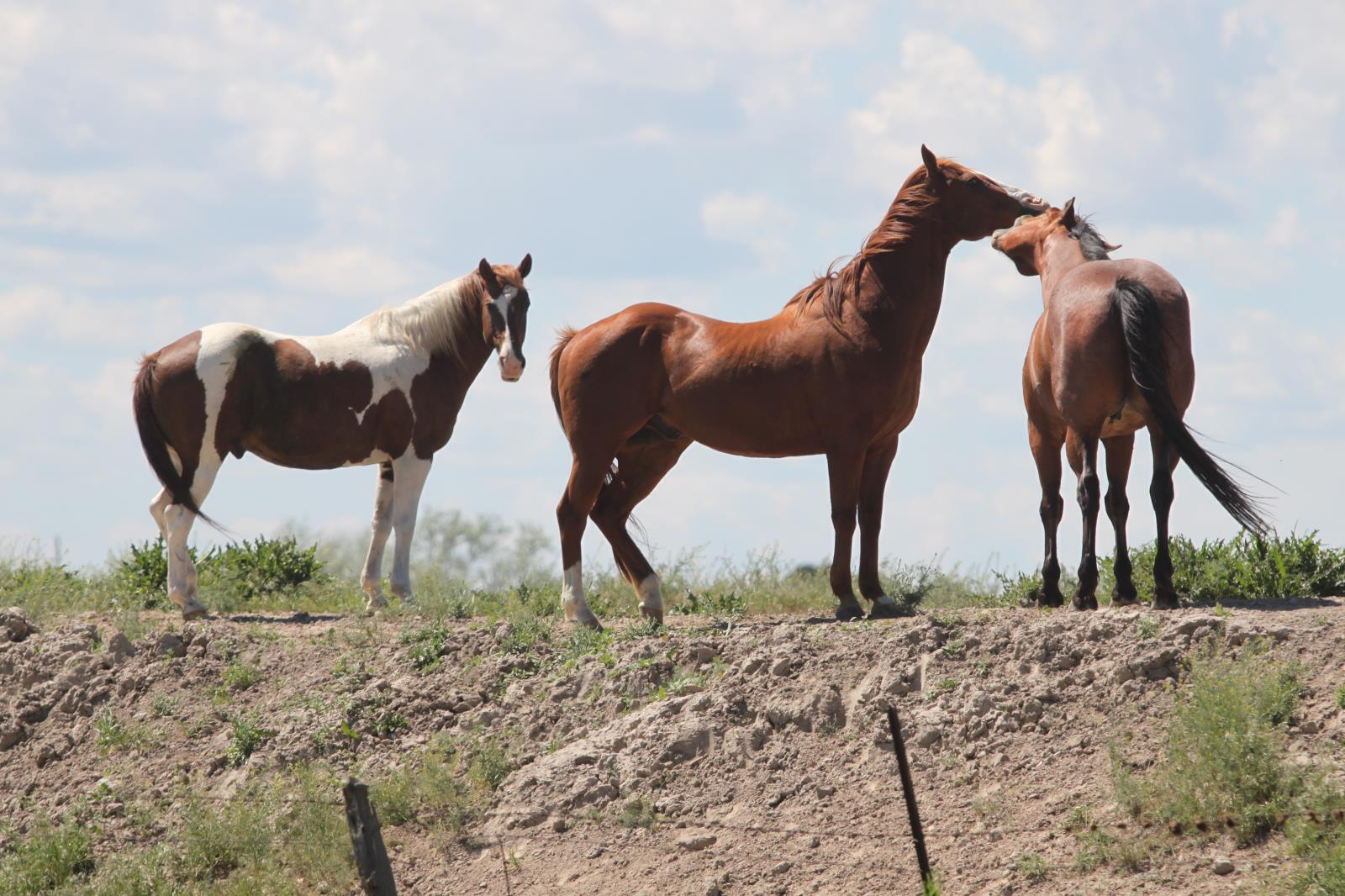Equine infectious anemia confirmed in Idaho

Idaho State Department of Agriculture news release
BOISE – The Idaho State Department of Agriculture has received confirmation of equine infectious anemia diagnosed in a horse that was transported from Washington back to its home in Canyon County in May.
Most commonly transmitted by biting insects, EIA is an infectious and potentially fatal viral disease of horses. The disease does not pose a human health risk.
Needles and equipment contaminated with blood from an infected horse also can spread the virus to other horses. At this time, there is no vaccine available to prevent EIA.
The Coggins test is the most commonly used laboratory analysis for the antibodies to EIA. All states require that horses have a negative Coggins test before interstate movement.
“Horse owners are strongly encouraged to incorporate an annual Coggins test into their animal health regimen regardless of whether they travel interstate,” said ISDA State Veterinarian Dr. Bill Barton. “Horses that acquire EIA are infected throughout their lives and will remain a source of infection to other horses in close proximity, so Coggins tests are incredibly important to managing the spread of EIA.”
The symptoms of a horse infected with EIA are often subtle and may go unnoticed. EIA-positive horses may develop a low-grade fever or become lethargic as well as demonstrate weight loss, yellowing of body tissues, anemia, swelling in limbs, and weakness.
Not all EIA-positive horses will show signs of illness, and these animals serve as inapparent carriers. Horses demonstrating clinical signs of EIA pose the greatest risk of spreading the virus. However, inapparent carriers can be a source of infection and pose a risk to other horses.
Idaho law has strict requirements for EIA-infected horses in the state, including isolation from other horses for the life of the animal.
For more information about EIA or updates, please visit the ISDA website: https://agri.idaho.gov/main/animals/equine-services/equine-disease/eia-coggins/
Still can't find what you are looking for? Find by topic:
- County Presidents & Board Information
- County Resource Page
- Delegate Form
- Discount Programs
- Discussion Meet
- Discussion Meet - High School
- Education Programs
- Events
- Excellence Award (YF&R)
- Expense Voucher
- Flickr- Photos
- Gem State Producer
- High School Discussion Meet
- High School Speech Contest
- Hope in Idaho Ag
- House of Delegates Credentials Form
- IFBF Board of Directors
- IFBF Staff
- Insurance
- Issue Advisory
- Legislative Action Program
- Legislative Issues
- Library
- MAC Trailer
- Magazines
- Map My Benefits
- Member Benefits
- Member Discount
- Membership Application
- Mental Health Resources
- Mission Statement
- Moving Agriculture to the Classroom
- Newsletter Sign up
- News Releases
- News Room
- Open Range Law
- Photo Contest
Thank You to Our Partners









